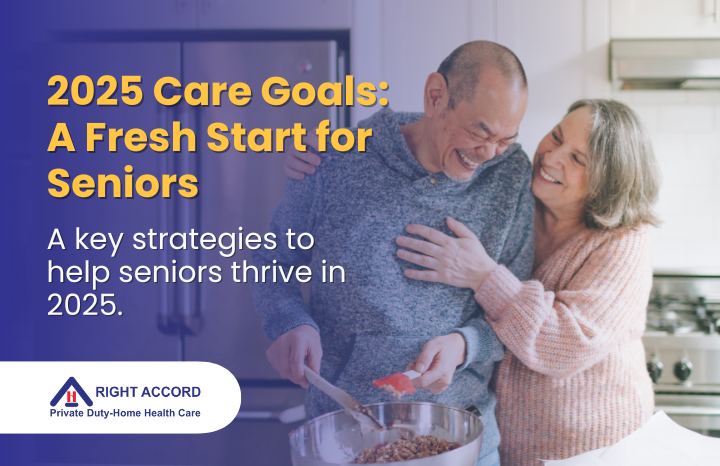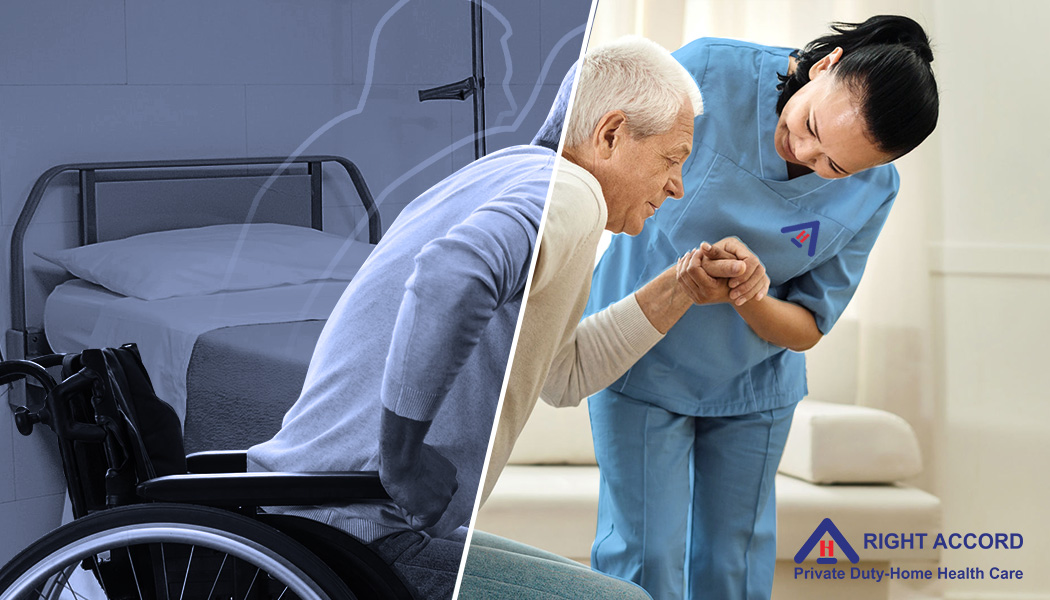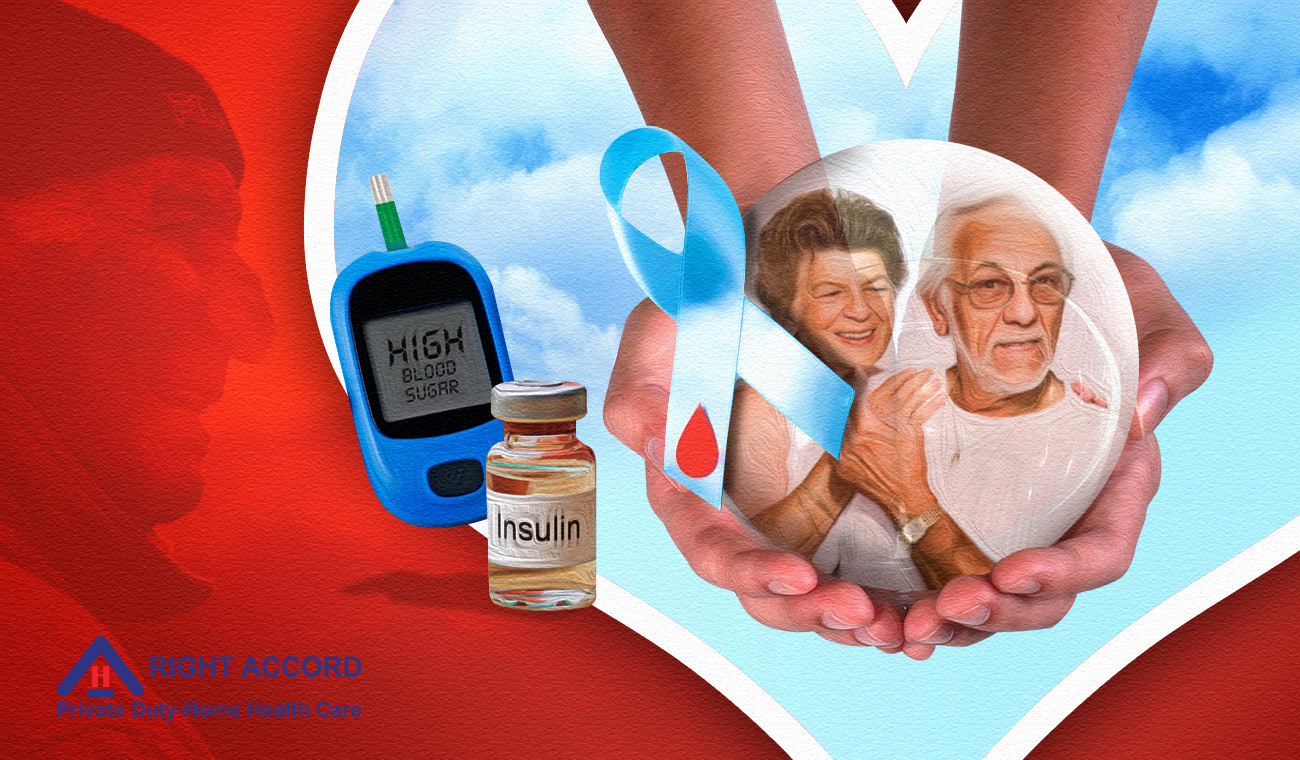· 6 min read
Life After a Stroke
A stroke is a sudden interruption in the blood supply of the brain. Surviving a stroke is no easy feat. Life after a stroke is a whole new world all together.
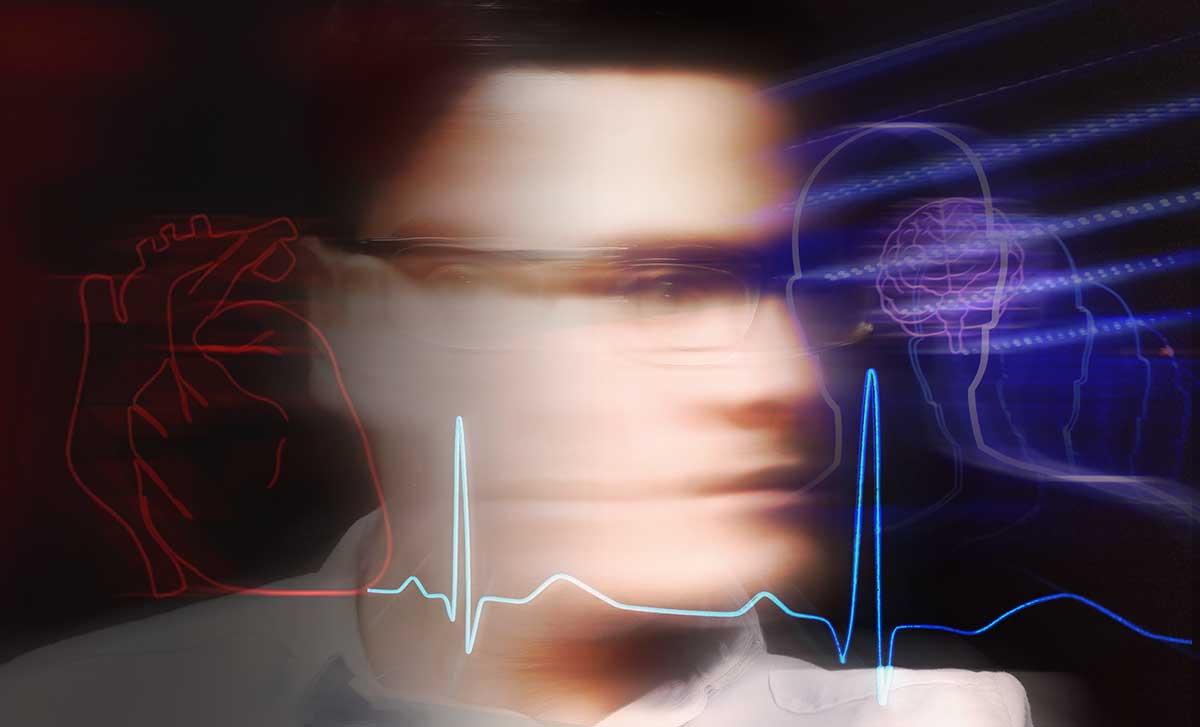
By: Rosemarie Tamunday Casanova
Surviving a stroke is no easy feat. Life after a stroke is sometimes a whole new world all together. Depending on the type of stroke, the part of the body affected, and its severity, the effects vary from person to person.
The World Health Organization (WHO), defines stroke as a neurological deficit (an abnormal functioning of a part of the body) of cerebrovascular cause (referring to flow of blood in the brain) that persists beyond 24 hours, or is interrupted by death within 24 hours.
Stroke survivors usually have to learn new habits, new ways of doing things, or may even have to rely on things being done for them. They may find surprising new developments or defects in their bodies that they would have to cope with, live with or recover from. Below, we will be looking at strategies that will help stroke survivors and their caregivers go through this path of recovery.
WHAT ARE THE RISK FACTORS OF STROKE?
There are several risk factors of stroke and some of them include:
- High blood pressure
- High blood cholesterol
- Obesity
- Diabetes
- Tobacco smoking
WHAT ARE THE SIGNS OF STROKE?
Common signs of stroke to look out for include:
- Headache
- Face weakness of sudden onset
- Arm weakness
- Abnormal speech
The Department of Health, UK has come up with a mnemonic “FAST”, which stands for
- Facial droop
- Arm weakness
- Speech difficulty
- Time to call emergency services.
Further symptoms and signs, depending on which part of the brain is primarily affected may include:
- Paralysis affecting one side of the body
- Numbness, loss of sense of touch
- Sensory reduction
- Weakness of muscles
- Altered sense of smell and taste
- Difficulty in balance and posture
- Difficulty in speech comprehension
- Involuntary movements
- Lack of insight and difficulty in cognitive functions
- Urinary or fecal incontinence
These and many more are the presentations of patients who have suffered from Stroke. Usually, a diagnosis is made based on the history and the examination findings.
A CT Scan is also a vital tool not only in making a diagnosis of stroke, but to accurately map the region is of the brain affected.
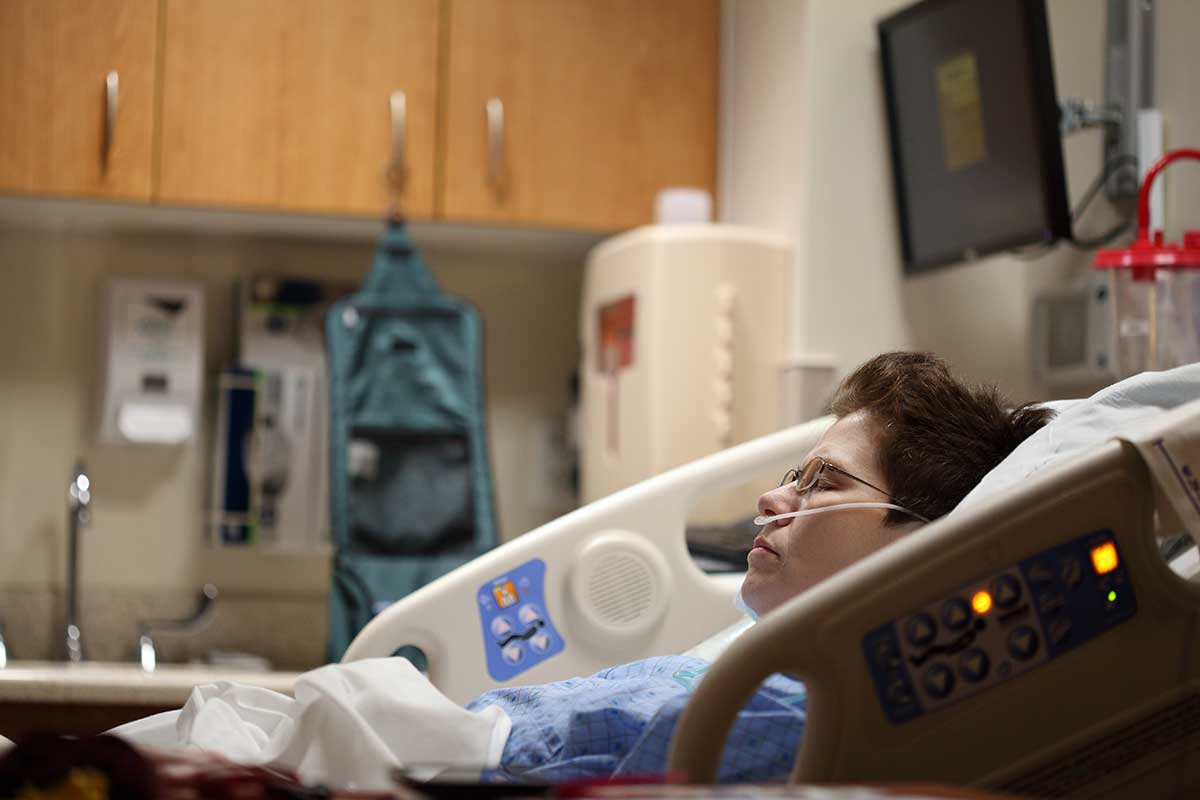
Photo by Sharon McCutcheon on Unsplash
HOW DO YOU MANAGE A PERSON WHO HAS SUFFERED FROM STROKE?
The management of a stroke patient will begin from making the right diagnosis of the particular type of stroke the patient has suffered from.
Usually, the condition may first be treated by any of the following:
- Breaking down the blood clot, usually with the use of drugs.
- Surgically taking out the blood clot from the part of the brain affected.
- The increasing pressure inside the skull may also need to be relieved.
- If the stroke was caused by a burst blood vessel, it would have to be repaired.
- Rehabilitation
Quality of life after stroke varies with people, their temperaments, age, family support structure, and the amount of professional involvement sought for.
It is also important to note that it is usually best to begin rehabilitation of survivors as soon as possible and the target of recovery will also have to be modified to suit each patient depending on the type of stroke suffered and the part of the brain affected.

Photo by Ali Yahya on Unsplash
WHAT HAPPENS AFTER THE STROKE?
People who have suffered from stroke are likely to have another episode; therefore their life afterwards will involve a lot of modifications and lifestyle changes.
These required changes coupled with the new and unusual ways of doing things or even the inability to do certain routine activities may lead to certain behavioral changes .
Changes seen in recovering stroke patients may include:
Depression
The new reality of having to give up a lot of one’s routine lifestyle and even work in some cases may lead to depression .
Anger
As a form of grief, stroke survivors may lash out often at people around them, they may get upset about their situation and with themselves.
Anxiety
This may also be felt on the way to recovery. There may be the fear of another impending attack or even anxiety about the attention they may call to themselves usually from the changes in their movement and gait.
A rehabilitation process will have to be instituted in order to help them cope with the new realities of the condition as well as aid recovery from its disabling aftermath.
Stroke rehabilitation may usually take time depending on the severity of the condition and how much deficit was left in its wake. It is best to commence as soon as the patient is out of the woods, that is, once the physician concludes that the patient is no longer under any life threatening condition from the stroke.
The physician may also give drugs like Aspirin to certain patients to prevent a recurrence of stroke. Family and loved ones have a huge role to also play in the rehabilitation process.
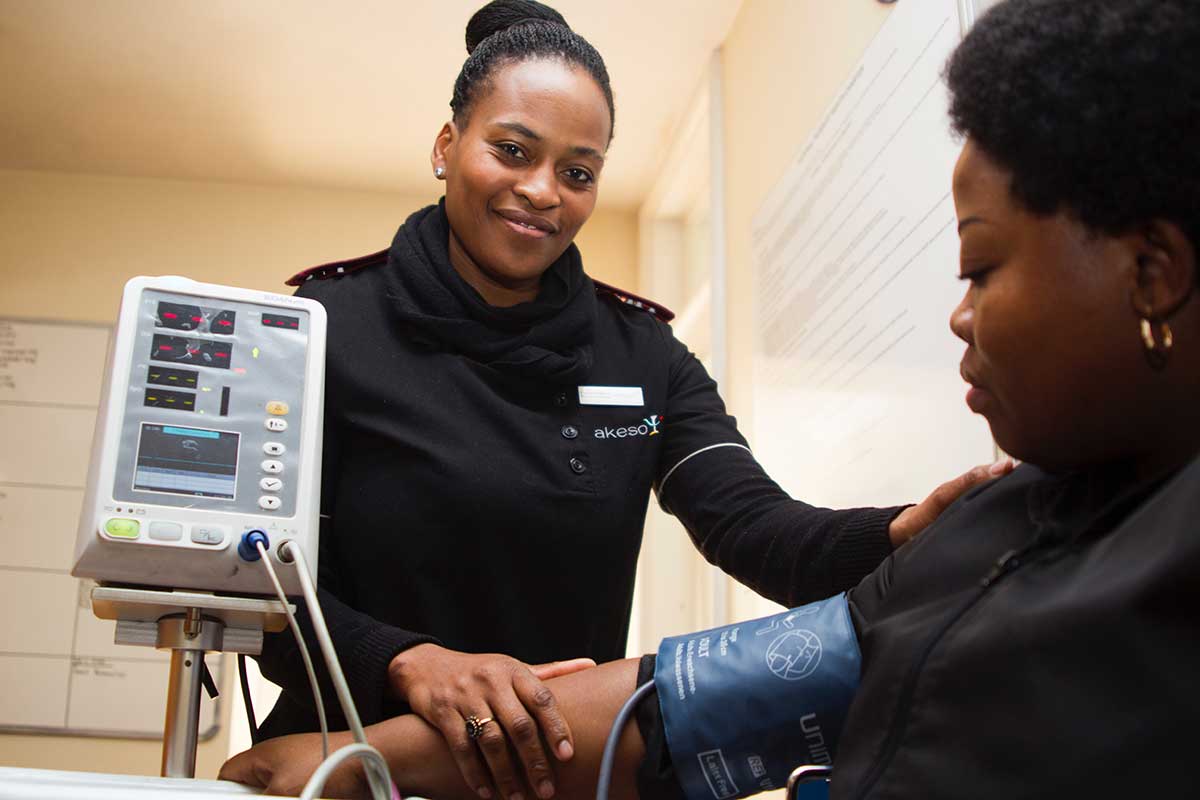
Photo by Hush Naidoo on Unsplash
HOW TO COPE DURING THE REHABILITATION STAGE
- Create a Safe Environment; It is advisable to make the home more safe. You may need to consider clearing larger walking paths or moving their bedrooms downstairs.
- Educate Yourself on the Topic; Read books and seek professional advice. There are many platforms and websites dedicated to stroke and managed by professionals. These platforms may also provide specific kits and gadgets that a stroke survivor may need to carry out certain functions.
- Motivate Survivors; Ensure the loved one who has suffered from stroke is constantly motivated and has a positive outlook at life and their recovery process.
- The Recovery Plateau; The first three to six months of the rehabilitation process is usually the most responsive. After this, it is noticed that the improvement of functions may slow down. This is not the time to give up, this also doesn’t mean that recovery has stopped totally. All instituted measures are to still be continued at this phase.
- Encourage Use, Discourage Disuse; It is quite easier for a stroke survivor to naturally resort to carrying out functions with the parts of side of the body not affected by the stroke while neglecting the affected side. This conditioning should be discouraged and the patient made to use the affected part for often as this will facilitate increased functionality of these parts .
- Patience is Key; Healing and recovery is a process. Learn to trust the process, be patient with the stroke survivor as they make graduated efforts at adapting to the new way of life.
- Involve the Right Professionals; the recovery process will usually involve the assistance of many professionals such as physiotherapists, speech therapists, nutritionists, etc.
It is advisable to also contact a Home Health Care Agency so that the options of Home Care services can be made available to you. These services help the patient return to a normal life as medically possible.
A Private Nurse can be of immense help in monitoring vital signs , skin care and feeding of the stroke patient . While these parties carry out these functions, the simultaneously can educate both the recovering patient as well and their loved ones.
Life after stroke may be demanding and the road to recovery may be long and challenging even sometimes with relapses along the way. However, with the right in home senior care professional team around to assist on this pathway to recovery, the best possible outcome can be achieved. Stroke survivors can join support groups of fellow survivors, learn about their condition and use the opportunity to educate others.
